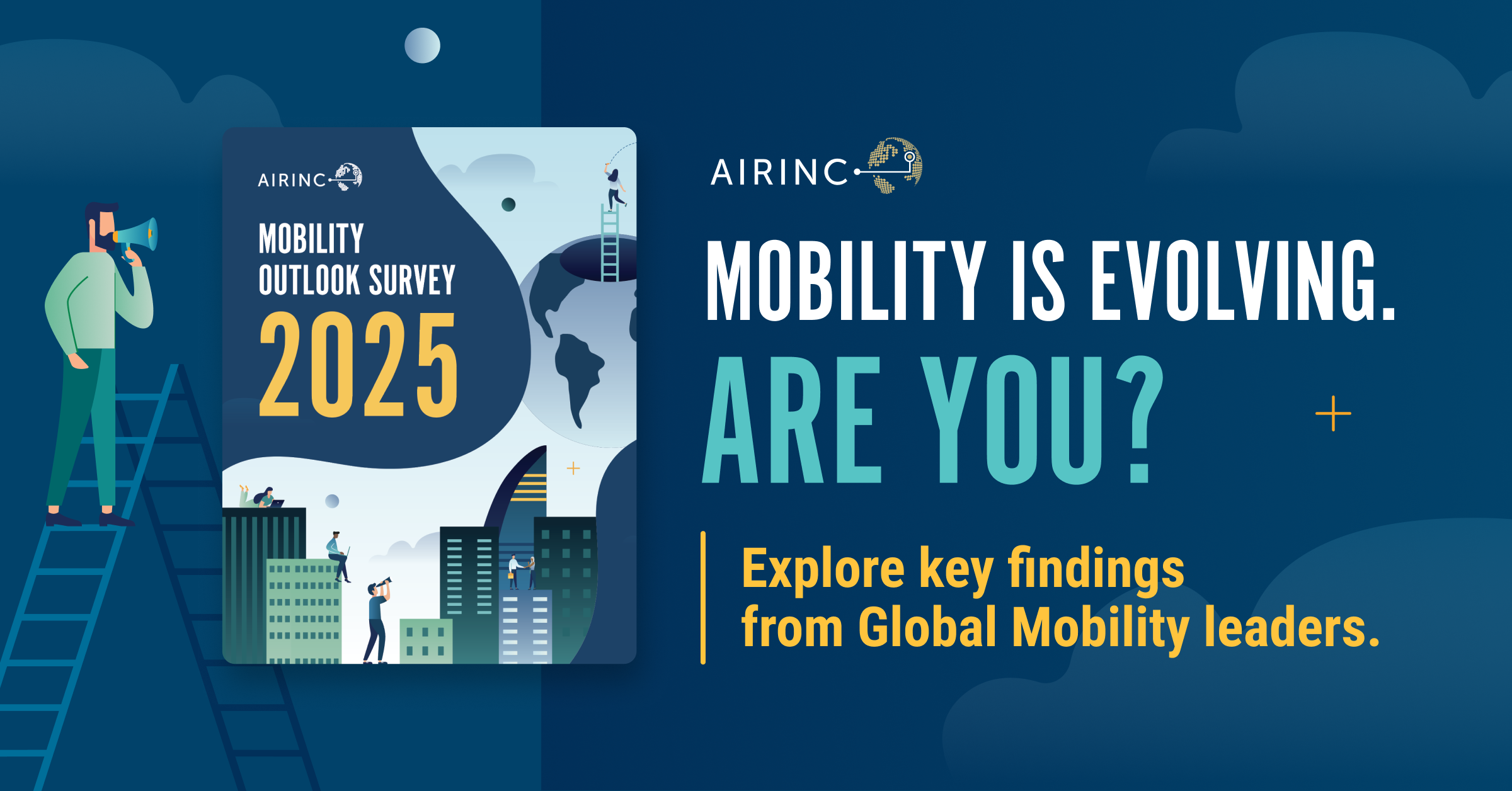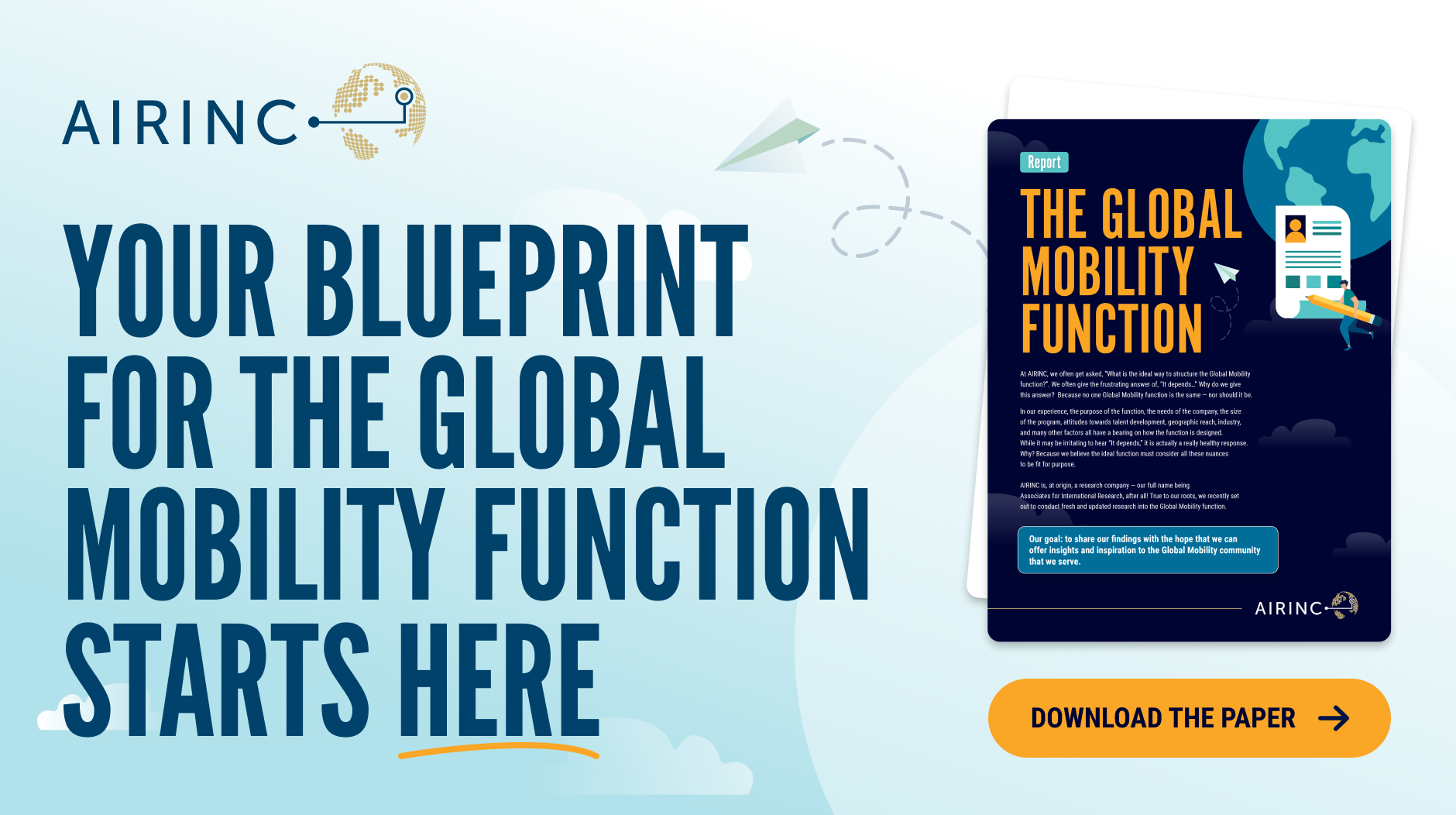My recent trip to Kinshasa, culminating in the Congo River Marathon, got me thinking about some of the parallels (albeit at a micro level) with how people experience an international assignment or relocation. While it was just a short visit, the moments of challenge, adaptation, connection, and achievement mirrored many of the same stages global assignees go through.
Here’s how the trip unfolded, and surprisingly, how it reflected the global mobility journey.
1. Pre-Assignment Planning: Ready or Not?
Every international move begins with preparation: understanding the location, lining up logistics, and anticipating what’s ahead. For my Kinshasa trip, I had the essentials in place — visa, flights, hotel. But I didn’t account for everything. The language barrier, for example, caught me off guard. Not speaking French or Lingala left me relying heavily on gestures, translation apps, and the kindness of strangers.
It reminded me that for assignees, it’s rarely just about the paperwork. Without some cultural and linguistic preparation, even the simplest interactions can become frustrating — or humbling. Being ready in the right ways makes all the difference.
2. Policy in Action: Navigating the Unexpected
The traffic in Kinshasa was, to put it mildly, wild. What looked like a quick 10-minute journey on a map could turn into a chaotic hour-long adventure. Yet somehow, it worked. Drivers read each other’s intentions instinctively, and there was a rhythm to the apparent madness.
This made me think of assignment policies — those behind-the-scenes structures that make complex moves feel smooth. When relocation support, transport guidance, and housing allowances are working well, you barely notice them. But when they’re missing or unclear, everything starts to unravel.
3. Local Integration: Advice You Won’t Find in a Handbook
One of the highlights of my time in Kinshasa was the people I met along the way. Locals and fellow travellers were incredibly generous with advice: where to eat, what to avoid, how to move with more ease. These small tips made a big impact.
For assignees, this stage is crucial. Beyond formal orientation, true integration often comes through personal networks, peer support, and informal mentorship. Tapping into that human connection can be far more powerful than any checklist.
4. Milestones and Moments: The Congo River Marathon
The marathon itself was unforgettable. Running through Kinshasa at sunrise, cheered on by residents, I felt everything come together — the unfamiliar surroundings, the moments of discomfort, the gradual sense of belonging. Crossing that finish line felt like more than a race; it was a reflection of the whole journey.
For global assignees, that moment might be completing a project, delivering a key milestone, or finally feeling at home in a new culture. These wins matter. They should be recognized not just professionally, but personally too.

5. Return and Reflection: The (Re)Adjustment Phase
Coming home, things felt both easy and strange. English signs everywhere, predictable commutes, familiar routines — and yet I found myself missing the chaos, the warmth, the edge of newness that Kinshasa offered.
That, in a small way, is what repatriation often feels like. Returning from a longer assignment can be disorienting. Without support to reintegrate and apply those international experiences meaningfully, companies risk losing the value of that personal and professional growth.
Final Thought: Assignments (and Marathons) Are Journeys
Whether you’re spending three days or three years abroad, the rhythm often feels the same: plan, adapt, connect, overcome, reflect. My brief time in Kinshasa reminded me that global mobility is deeply human. Even a short trip can reveal just how much you’ve grown.
If you’re rethinking your mobility programme—or just want to swap marathon stories—I’d love to connect.


%20(8)%20(1).jpg)




%20(89)%20(1).png)



